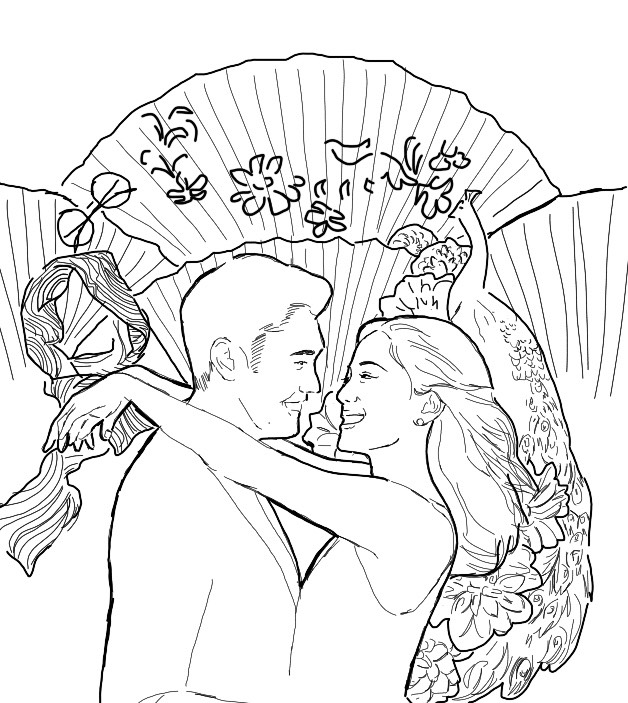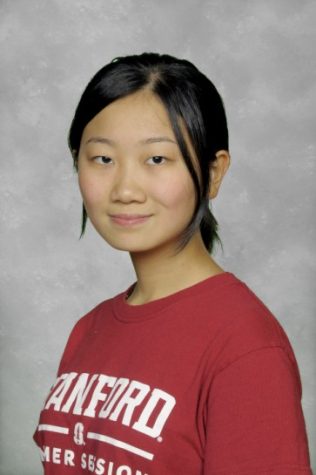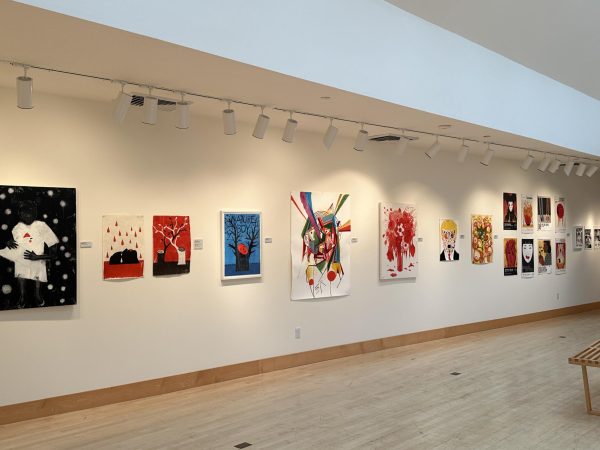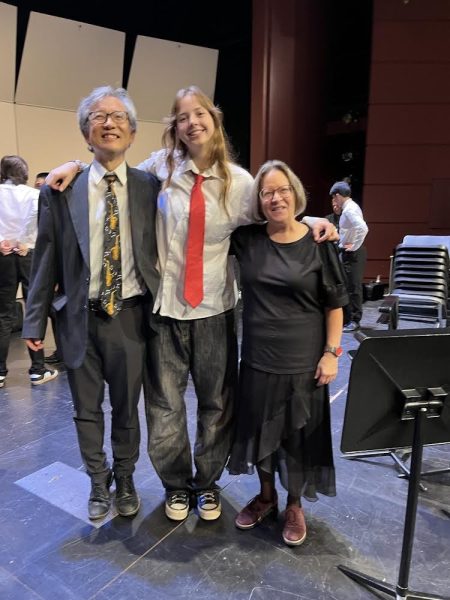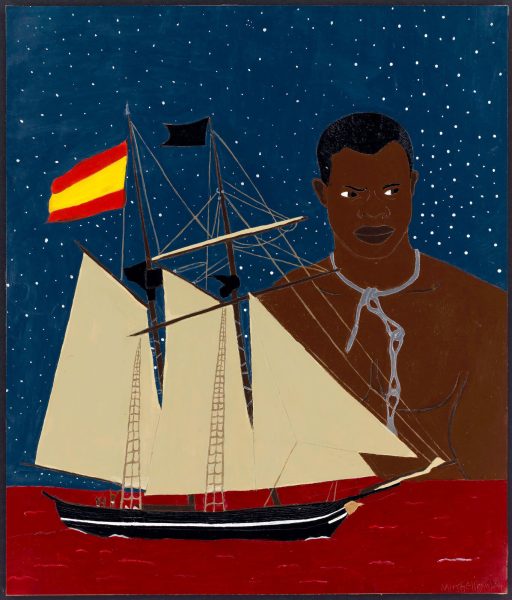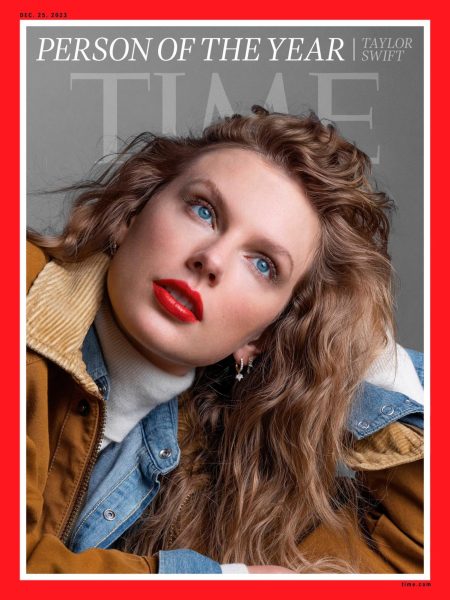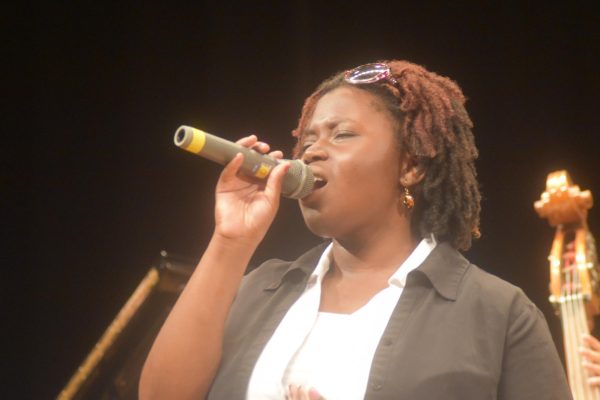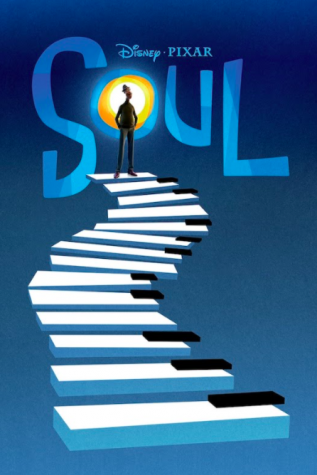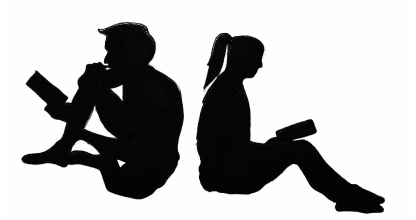A Review of Crazy Rich Asians
Growing up as an Asian American, most of the faces I saw on screen were white. While I aspired to have their courage, wit, and charm, I rarely saw an Asian character that I could strive to be like. When I did see one, they were either portrayed as a Kung Fu fighter or a nerdy, uncultured character. Neither of these characters suited me. Then I watched Crazy Rich Asians.
Based on Kevin Kwan’s bestselling novel, Crazy Rich Asians struck the world as the second Hollywood movie with an all Asian cast. The first was Joy Luck Club, released 25 years ago. Sure, there is hype surrounding the movie because of this milestone, but more importantly, it rejects stereotypical Asian misconceptions and reveals a widespread struggle of navigating the Western and Eastern worlds.
Crazy Rich Asians opens a new perspective on Asians: a perspective that doesn’t involve nerdy and Kung Fu fighting Asians. American media often emasculate Asian men. That’s why many regard Asians as “skinny” or “petite.” The character Michael (cousin Astrid’s husband) completely rejects this notion. We see his muscular physique and good looks; he completely redefines how Asian men look. Director Jon Chu stated that he was touched by a scene where the camera pans to Nick in a white suit. “I have finally been able to see a man on screen I aspire to be,” said Chu. “When you hear many people telling you you’re not attractive enough, this scene became so meaningful to me.” This moment also touched me, because it finally gave me someone on screen whom I could look up to.
Furthermore, Crazy Rich Asians displays a prevalent phenomenon: Asians not fully understanding their heritage. For example, take the character Rachel Chu, a Chinese American girl who doesn’t fit into the East. Her mom refers to her as a banana –– a term used to describe Asians who have so fully adopted Western culture that they are figuratively white on the inside. This relates to many Asian Americans who don’t understand their heritage.
When Rachel Chu travels with her boyfriend Nick Young to Singapore, she encounters many Asian concepts that she doesn’t understand. When Rachel is offered a bowl filled with lemon water, she thinks about drinking it, not understanding that it is used for her hands, not for drinking. Many Asian Americans are similarly ignorant of their own customs. Played by Michelle Yeoh (famous for her movie Crouching Tiger Hidden Dragon), Nick’s mother, Eleanor Young, is scornful towards Rachel. Eleanor views her as a foreigner, believing that Rachel values her own dreams over the traditional Asian emphasis on family. Although part of Eleanor’s disdain comes from class, another part of it comes from Rachel’s inability to understand Eastern values.
Rachel embodies the struggle of many Asian Americans who don’t understand Eastern culture. I think one of the movie’s intentions is to encourage Asians Americans to explore their own heritage, so that they won’t have to experience Rachel’s struggles.
Going to a historically all white boys school, it is important for students of different backgrounds to stay true to their identities. Crazy Rich Asians reminds us all, especially students of Asian heritage, to be proud of and learn about who they are, enforcing Groton’s values of diversity and inclusion.


